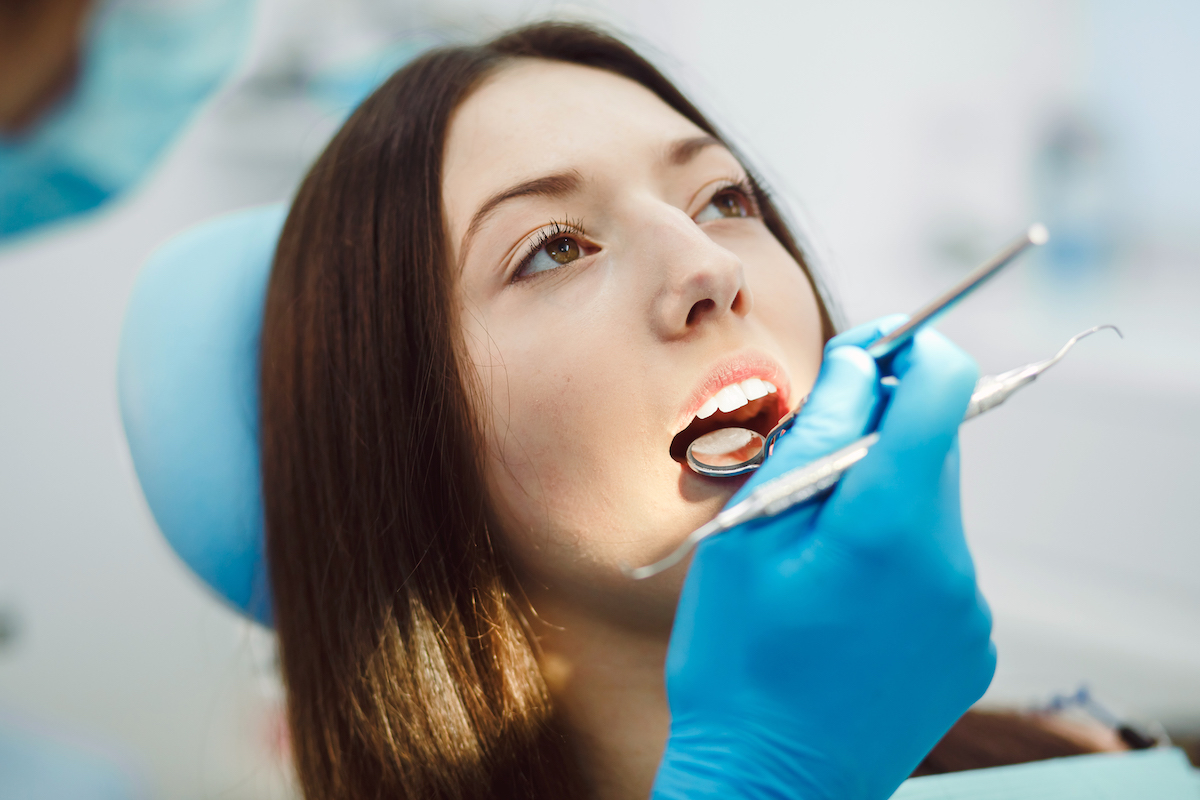It is very tempting to skip on your oral care routine every once in a while, but what most people do not realize is what happens when they do so. Over time, it can lead to several dental issues, including periodontitis or gum disease.
According to research, this condition is actually very common, with at least half of adults in the United States suffering from bleeding gums. This is the most common symptom of the early-stage gum disease, called gingivitis.
The best thing for your oral and overall health is to maintain good oral care habits, specifically brushing your teeth with oramd reviews receding gums products.
Root Cause Of Gum Disease
You need healthy gums and bones in order to keep your teeth firmly in their place. The gums attach to your teeth just below the edge, and it is in this attachment where gum disease occurs.
When teeth are not cleaned, plaque can form on the teeth. This is a clear, sticky film that contains germs or bacteria. Daily brushing and flossing removes most of it but when it is not removed, it becomes harder and turns into tartar or calculus. This is the most important reason why it is vital to clean teeth daily.
Once plaque turns into tartar, it can no longer be removed through brushing or flossing. Instead, it can lead to infection at the point of attachment. This is the first stage of periodontitis, called gingivitis. You will notice symptoms like blood on your toothbrush, puffy gums, or the color of the gums changing.
The next stage is periodontitis, where pockets form between the teeth and gums that will get filled with tartar, bacteria, and plaque. The pockets get deeper in time and continue to fill in. It will lead to infection that will break down this gum tissue where the teeth attaches to. This stage is called attachment loss, and swelling, bleeding, and color changes of the gums can be observed. Beyond attachment loss, the bone that hold teeth in their place may also break down. Thus, if gum disease is not treated, there is a real danger of teeth becoming loose and falling out.
Beyond the threat of losing teeth, this chronic inflammation is not good for your immune system.
How Periodontitis Affects Your Overall Health
Having gum disease can lead to worse issues than teeth falling out, because your overall health can be affected as well. This condition has been linked to a few serious diseases. When you have gum disease, the body is in a constant state of inflammation.
Heart Disease
Lots of studies have shown that people who have gum disease are at risk of having heart attacks and contracting heart disease. This is why you should inform your dentist if you have a family history of heart disease, especially when you have gum disease issues.
Diabetes
If you have been diagnosed with diabetes, you are more likely to have gum disease. Experts believe it is because of the inflammation in the mouth and the body.
Dementia
It has also been found that having periodontitis raises a person’s risk of having dementia later in life. In fact, patients are more likely to experience mild cognitive impairment, as well as issues with memory, that can make it difficult in their later years. Those who have worse cases or later stages of gum disease also perform worst in calculation and memory tests.
Rheumatoid Arthritis (RA)
RA is a kind of autoimmune disease that is accompanied by painful joints and inflammation. Those who have this disease are also at higher risk of getting periodontitis. A study also shows that those with RA have more missing teeth than those without the condition. Again, the culprit is chronic inflammation, which is normal in both conditions. Interestingly, once their gum disease is treated, patients with RA report less swelling, stiffness and pain overall.
Premature Birth
While there is no clear link yet between periodontitis and preterm birth, studies have shown that pregnant women who have had their gum disease treated are more able to carry their babies to full term.
Periodontal disease is nothing to belittle, especially when it comes to taking the necessary steps to avoid it. Simple twice-daily tooth brushing and flossing are the easiest and most effective ways to prevent this, and once you keep this habit, you can avoid a lot of oral and health issues in the future.

